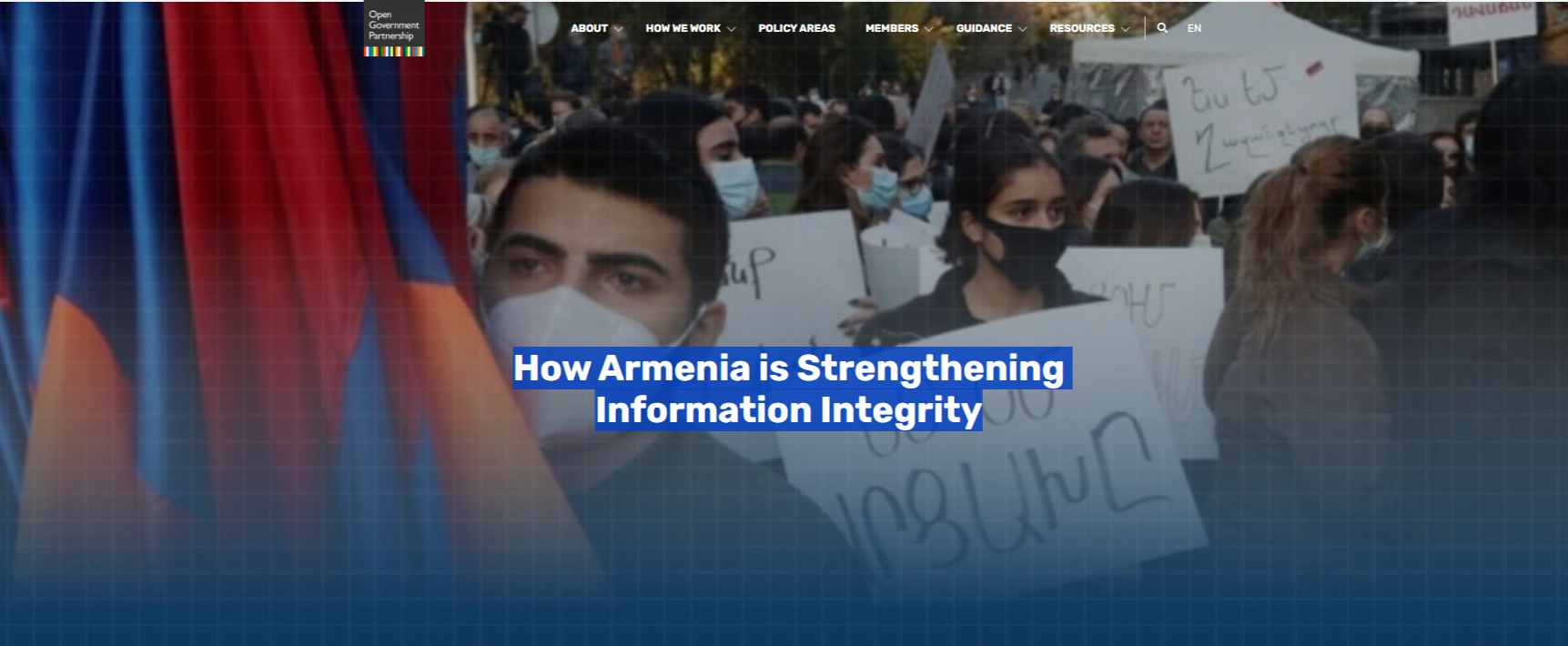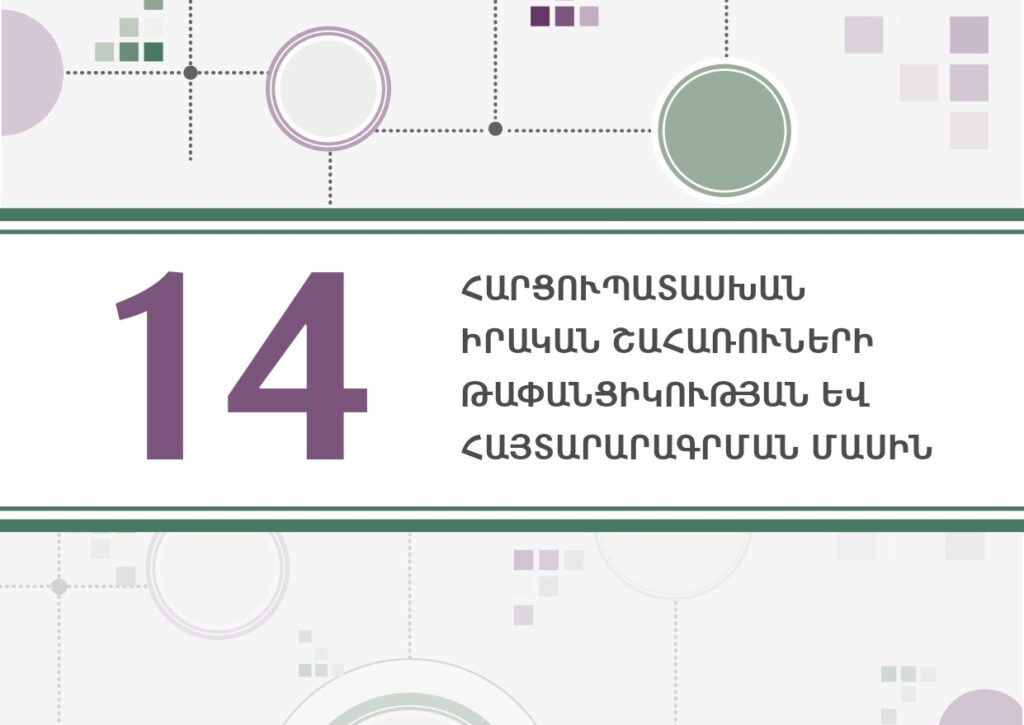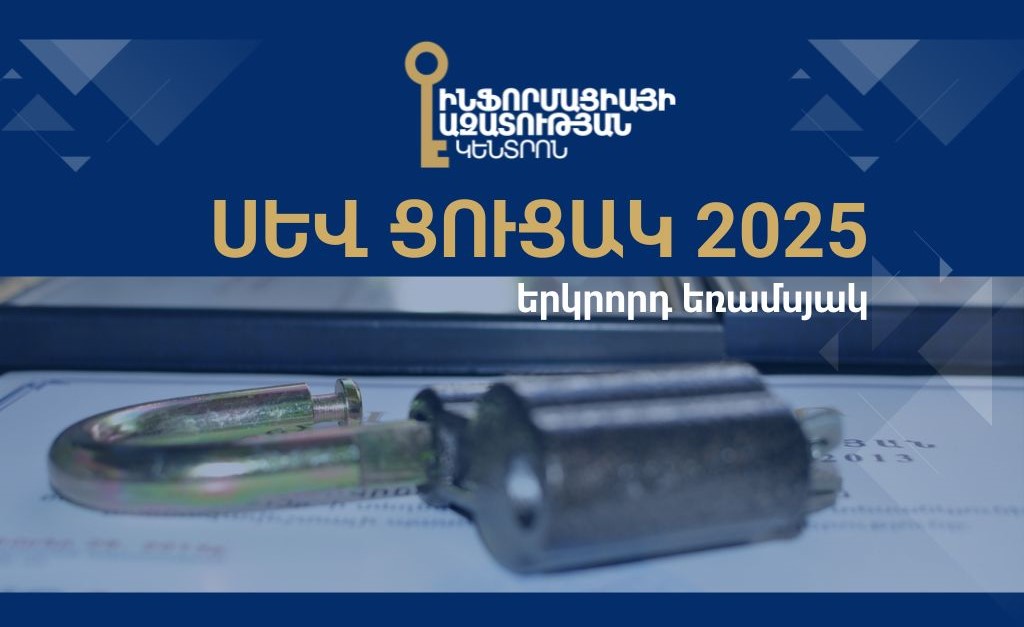Executive Director
Centre for Law and DemocracyDecember 2018
Laws giving individuals a right to access information held by public authorities or right to information (RTI) laws have been adopted by an ever-growing number of States over the last few years, such that today there are some 127 national RTI laws globally. (See RTI Rating/Country Data/By Country at: https://www.rti-rating.org/country-data/).
The growth in the number of these laws has been driven by a number of factors, including the fact that RTI has been clearly recognised over the last 10-15 years as a human right under international law.
Of the 123 such laws that have been assessed on the RTI Rating (The leading global tool for assessing the quality of the legal framework for RTI. Available at: https://www.rti-rating.org), 94, or 76% have some sort of administrative oversight body, often called an information commission, to which individuals whose requests have been refused can appeal.
The importance of having such a body seems reasonably obvious. Absent this, the only recourse individuals have in relation to RTI cases is to the courts. While court appeals are important, for the vast majority of information applicants they are far too time-consuming and expensive to be realistically accessible. As the Organization of American States Special Rapporteur on Freedom of Expression noted in relation to RTI requests, in a 2016 report:
- his office has on numerous occasions underscored the right of individuals to a remedy that is simple, easy to access and that its exercise only demands the fulfillment of basic requirements, effective, quick, free or have a low cost enough so as not to discourage request for information, and that allows them to challenge the decisions of public officials that deny the right of access to specific information or simply fail to answer the request. (Specialized Supervisory Bodies For The Right To Access To Public Information, 2016, para. 8. Available at: https://www.oas.org/en/iachr/expression/docs/publications/AccesoEN.pdf.)
There are also other reasons, beyond providing redress to those whose requests have been refused, for having such a body. In better practice cases, these bodies also play an important support role in terms of implementing RTI legislation. Although individual public authorities are the primary duty bearers under RTI laws, they all essentially have the same obligations and it can be very inefficient to require them each to design systems and protocols separately for meeting their obligations. It is far more efficient, and leads to a far more consistent approach across the public sector, if a central body, normally the oversight body, provides central guidance and support. Most obviously, the oversight body can provide training to officials on RTI. But it can also provide leadership and models in terms of issues such as how to process requests, how to meet proactive disclosure obligations and how to report on implementation (usually public authorities need to do this annually).
To be able to discharge their functions properly, oversight bodies need to have a few key characteristics. First, they need to be independent of government. Their main role is to review decisions by public authorities (i.e. government bodies) to refuse to disclose information. This can clearly only be done fairly if they are independent of those public authorities. Independence is complex but it relates to who may be appointed as a member of the body, the way these members are appointed, in law and in practice, the way the budget is allocated and the way the secretariat is run (i.e. by the members or by the government).
Second, they need to have appropriate powers to investigate appeals. Normally, this involves the power to review information, including classified documents, to call witnesses and order them to testify, and, in appropriate cases, to conduct inspections of public authorities. Third, they need to have the power to remedy problems where they find these exist. Normally, this involves the power to issue binding orders to public authorities to do such things as disclose information, appoint a dedicated officer to process requests, train such officers, manage their records better and so on.
A number of issues arise in relation to these bodies. Two of the more important are as follows. First, whether it is a specialised body (i.e. focusing only on RTI) or a multi-purpose body (i.e. an ombudsman or human rights commission which also takes on RTI functions). Extensive experience around the world shows that the former is far more effective, albeit also slightly more expensive. When information is added to the functions of an existing body, the information function normally takes second place to those pre-existing functions. In addition, the whole institutional culture and approach of an ombudsman or human rights commission is normally very different from that of an information commission, so that the two cannot easily be combined.
Second, there is the issue of whether the membership is a single person (i.e. a commissioner) or a number of persons (i.e. a commission). There is no hard and fast rule or demonstrated experience on this. In many cases, more developed countries and very small countries (especially small island States) opt for single person bodies, while the more common model globally is a multi-person body. The latter allows for the body to be more representative, to bring in a range of expertise (for example in the areas of information technology, law, information management and so on) and also to be more protected against political backlashes, since groups can stand up better to pressure than single individuals.
In Armenia, the 2003 Law on Freedom of Information allows information applicants to appeal cases where their requests have been refused to the Human Rights Defender. This, then, represents a case of an appeal to a non-specialised body as opposed to a dedicated RTI body. There are a number of ways in which this body is not specifically tailored to the RTI context. These include that it does not have clear remedial powers relating to information, that its decisions are not binding and that public authorities do not bear the burden of proof in appeals before the defender. It is thus appropriate to reconsider whether this is the best approach for Armenia.











